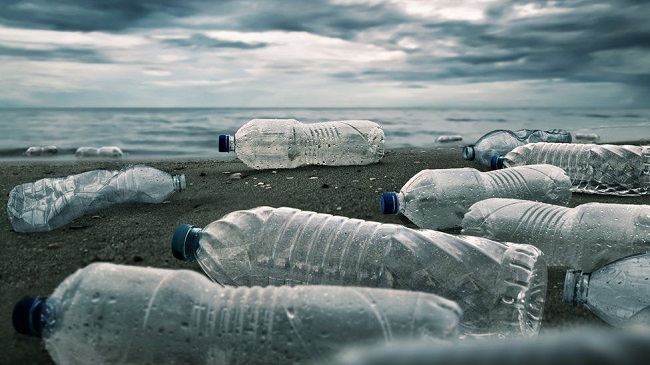The theme, “Beat Plastic Pollution”, for this year’s World Environment Day resonates deeply, considering the menace of plastic to our environment. Every year, the United Nations (UN) designates the month of June to awareness of the importance of a healthy environment.

The United Nations Environment Programme (UNEP) has always maintained that we owe the environment a collective duty of care to have pure air, clean rivers, and forests teeming with life. Our environment is not merely a setting for our lives—it is the basis of our health, well-being, and future.
António Guterres, the United Nations Chief, in his heartfelt message to the world, said, “Plastic pollution is choking our planet – harming ecosystems, well-being, and the climate.”
A report by the Nigerian Economic Summit Group stated that the country is estimated to generate an average of 2.5 million tonnes of plastic waste annually, with its commercial capital, Lagos, generating 870,000 tonnes annually. These numbers are a major cause for concern, especially as the ubiquity of plastic waste is steadily growing, with no directed measures to curb the increase.
Lagos is the state most affected by plastic pollution in West Africa. While some of these plastic wastes are collected and recycled, most are disposed of carelessly, clogging drainage systems, polluting waterways, and destroying the environment. The state recently announced a ban on Styrofoam, with a view to redefining its ecological and economic landscape. It will commence enforcement of the ban on single-use plastics on July 1. In June 2024, the Federal Government also announced a ban on single-use plastics in government offices, ahead of a planned nationwide ban. But not much has been heard about the proposed ban from this year.
Plastic pollution has become such a serious problem in Nigeria, with regular road users and beach visitors frequently dumping their plastic bottles carelessly, despite the dangers that such plastics pose to the environment.
Plastics not only harm humans and marine life but also degrade the aesthetic appeal and comfort of Nigerian landscapes, threatening cultural ecosystems and environmental security.
Combating plastic pollution in Nigeria requires a multi-faceted approach. This includes tackling the root cause – fossil fuel production, which generates plastic by-products – and addressing poor waste management practices prevalent in the country. Government policies should discourage single-use plastics, and significant investment is needed in public awareness campaigns to highlight the dangers of indiscriminate plastic dumping and promote the principles of reduce, reuse, and recycle.
It is our collective responsibility to bequeath an environment that future Nigerians can be proud of, and every action counts.
By Olamide Martins Ogunlade, Associate Director (Climate Change), Corporate Accountability and Public Participation Africa (CAPPA), and Esi-Ife Arogundade, climate change advocate at CAPPA
